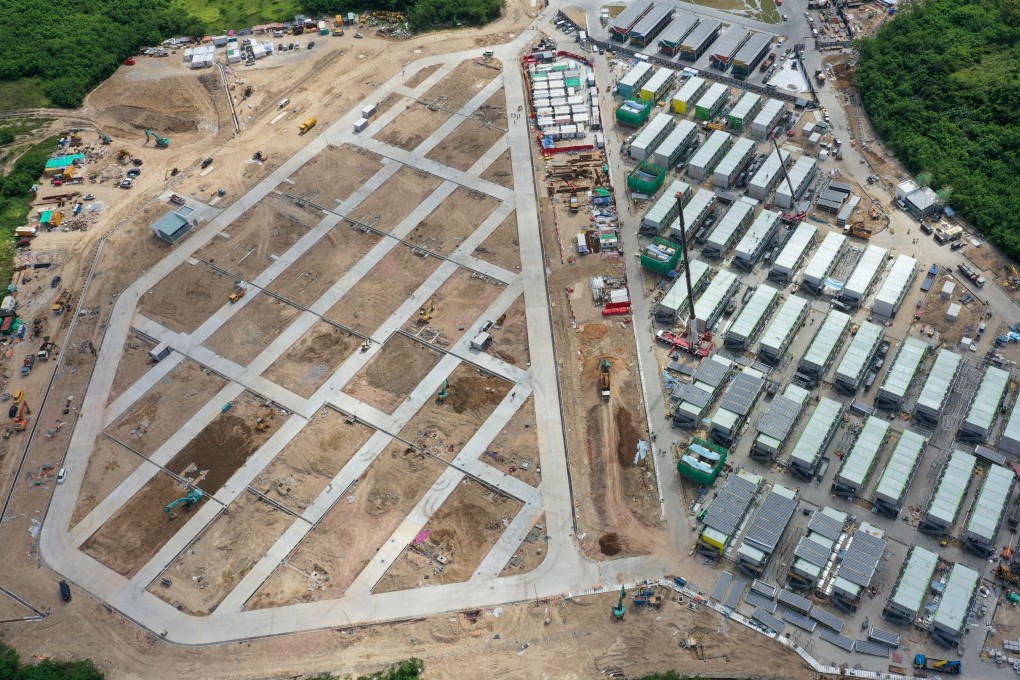Hong Kong must brace for coronavirus quarantine crunch in coming months
- Public health experts warn of insufficient isolation facilities as thousands of city residents are expected to return home from high-risk countries
- Many others have already made their way back independently rather than wait for a chartered flight, official data shows


01:56
Taiwan airport offers flights to ‘nowhere’ for passengers stuck at home during Covid-19 pandemic
An examination of official statistics by the Post found that 97 per cent of 112 confirmed cases with a travel history to Pakistan did not return by chartered flight. For those from India, more than 80 per cent – 47 out of 53 cases – did not use chartered flights arranged by the government.
A government adviser on the pandemic was worried that local quarantine facilities would not be able to cope if the flow of inbound travellers from high-risk areas was not controlled.
“We can’t allow an unlimited number of people to come in, as we won’t be able to cope and place all of them in quarantine centres,” said Professor David Hui Shu-cheong, a respiratory medicine expert from Chinese University.
Hui said the government could limit arrivals by bringing them in via chartered flights or cutting the number of flights.
“The number of places in quarantine facilities needs to be factored in, then we will be able to cope with those arrivals,” he said.